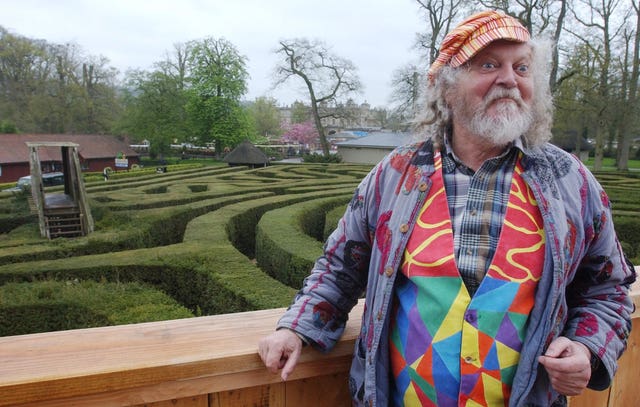Lord Bath of Longleat dies after testing positive for Covid-19
Alexander Thynn, 7th Marquess of Bath, died on Saturday after being admitted to the Royal United Hospital in Bath on March 28.

Lord Bath of Longleat has died aged 87 after testing positive for coronavirus.
The “gloriously” eccentric Alexander Thynn, 7th Marquess of Bath, died on Saturday after being admitted to the Royal United Hospital in Bath on March 28.
Longleat Safari Park confirmed the news in a Facebook post on Sunday, expressing their “deepest sadness” at Lord Bath’s death.
They added: “The family would like to express their great appreciation for the dedicated team of nurses, doctors and other staff who cared so professionally and compassionately for Alexander in these extremely difficult times for everyone.
“They would politely request a period of privacy to deal with their loss.”
The flamboyant aristocrat was known for his colourful dress sense and was a regular feature of the Animal Park television show about his estate.
Kate Humble presented the show, which ran from 2000-09, and said she was “very sad” to hear of his death.
She tweeted: “Everyone will describe him as eccentric – and he was, gloriously so – but he was also kind & fun – and we all need a bit of kindness & fun in our lives.”

He married Emma Gael in 1969 and had two children, but in a 2010 Guardian interview he also acknowledged that he had “an eight-year-old but I don’t see enough of her”.
According to several reports, he had decorated walls in his house with erotic murals.
Lord Bath was involved in politics, and stood in the very first European parliamentary elections in 1979, representing the Wessex Regionalist Party which he helped to found.
After inheriting the Marquess seat in 1992, he then sat as a Liberal Democrat in the House of Lords but lost his seat when Labour reforms excluded most hereditary peers.





